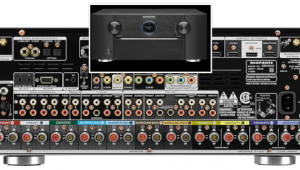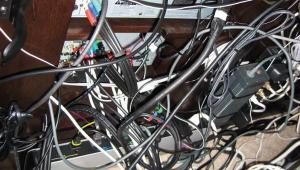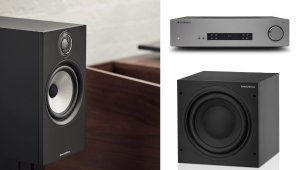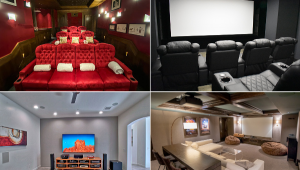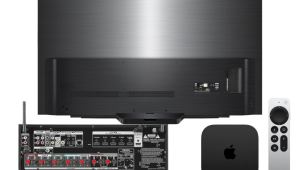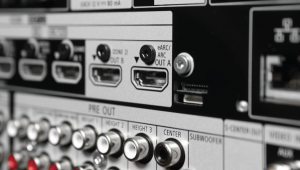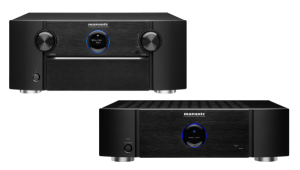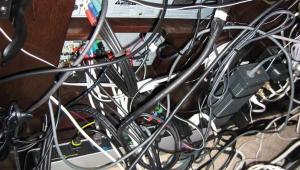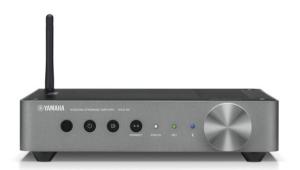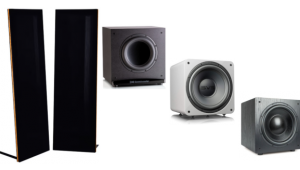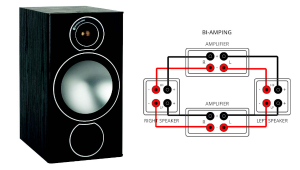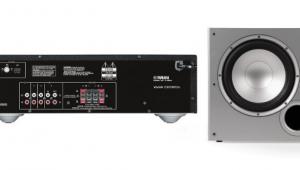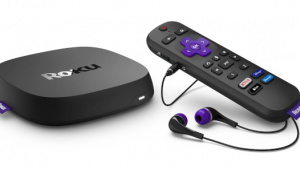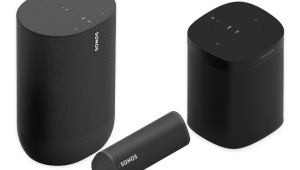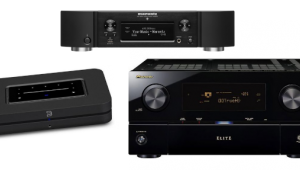Get the least expensive Onkyo, Marantz, Denon or Pioneer with 7.1+ pre-outs and get an Emotiva XPA 5 or from Outlaw Audio (Model 7125, The Model 7200). They eat 4ohm loads for lunch.
AVR for 4-Ohm Speakers
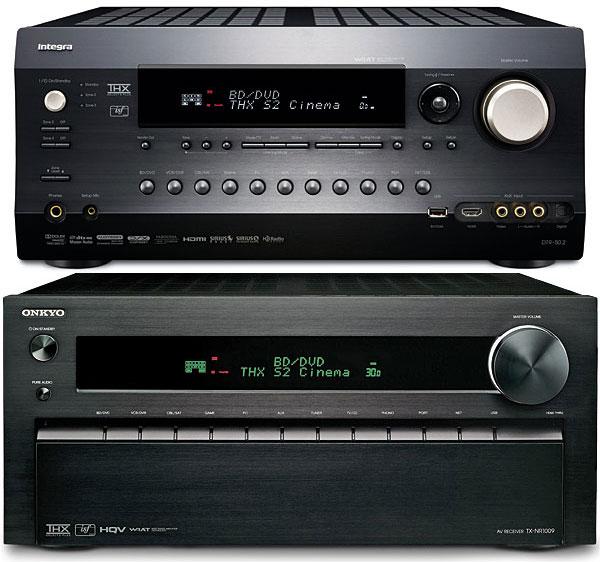
Jerry Zaleski
As it turns out, AVRs that can comfortably drive 4-ohm speakers are not common, at least among HT's AVR Top Picks. Of the six models in our midrange price class ($800-$2500), only two are specified to be able to handle a 4-ohm load—the Integra DTR-50.2 ($1400, reviewed here) and Onkyo TX-NR1009 ($1399, reviewed here), which provide Audyssey MultEQ and MultEQ XT room correction, respectively. Integra and Onkyo are corporately related, so it's no surprise that both have similar capabilities in this regard.
Of the remaining midrange Top Picks, the Pioneer Elite SC-57 ($2100), with its class-D amps, and VSX-52 ($900, not class-D) are both specified down to 6 ohms, as is the Marantz SR7005 ($1600). The specs for the Anthem MRX 700 ($2000) do not include a range of acceptable speaker impedances, but its power ratings are given only for 8 ohms. Too bad, because its Anthem Room Correction is said to be nothing short of amazing.
Your FC8s have a specified power-handling capacity of 20-300 watts, while the Stratus Silveris can handle 15-250W with a recommended program power of 200W. The DTR-50.2 and TX-NR1009 specs include a dynamic power of 250W into 4 ohms.
Looking at HT's measurements of the DTR-50.2, with two channels driving 4-ohm loads, the amp reached 0.1% distortion at 200.4W and 1.0% distortion at 259.8W. The same measurements of the TX-NR1009 yielded 218.1W and 250.4W, respectively.
These results are very similar and well-suited to your speakers, and the two units are virtually the same price, so I'd say it's a toss-up for you. I'd probably go for the Onkyo with its MultEQ XT room correction, which uses higher-resolution filters than the older Integra's standard MultEQ—plus the Onkyo provides nine amp channels as opposed to seven in the Integra.
If you have an A/V question, please send it to askhometheater@gmail.com.
- Log in or register to post comments


Many of Denon's receivers can also drive 4-ohm speakers. While I haven't tried it myself, I've heard of cases where people have successfully used 4-ohm speakers with the budget Denon AVR-591 receiver so I'm sure 4-ohm speakers will work with Denon's higher end offerings even if the specs don't specifically say so. Most receivers have built in protection that will safely shut the receiver off if it can't handle 4-ohm speakers so there's very little risk of damaging a receiver.


NAD's modular receivers (like the T785, which I've used) are rated down to 4 ohm for everything if you are after a traditional Class AB amplifier. The receivers weigh a ton and are incredibly well built, though expensive. It will provide plenty of 4 ohm power, though.

Is there any real advantage for using 4-ohm speakers over 8-ohm speakers?


For the past three years I've been using a Denon 2809ci to drive an M&K (legacy) S150 package (paired with an MX-350 sub). I sit about seven feet from my display and around eight feet from the speakers and my system can play very, very loud with little distortion (movies and TV only - I don't play music on my system). That said, I do plan to eventually replace my Denon with Marantz separates.

Here's another vote for going with an AVR with multichannel outs and an Emotiva XPA 5....but since the Emotiva is only 5 channels, a 7.1 AVR isn't necessary.
